The other day, John Simpson, He Who Cannot Be Removed From The BBC, tweeted something purportedly about Volodymyr Zelensky. What it was really about, though, was John Simpson – how many world leaders he had interviewed (200), over how long (more than 50 years), and who he most admired (Zelensky, Nelson Mandela and Vaclav Havel). It is difficult to imagine Andrew Harding, a veteran BBC foreign correspondent, tweeting something like that. He is a much more understated reporter, and less prone to foreground himself at the expense of his interviewees. He is just as likely to be on receive as transmit and understands that he is not the story.
A Small, Stubborn Town showcases his storytelling talents. Unlike most of the current crop of books about Ukraine, this pleasingly slim volume takes the narrowest focus. It is not a general history and nor does it dwell at length on the fraught and complicated story of Russia-Ukraine relations. It is instead the stirring tale of how one small southern town took it upon itself, with a motley collection of defenders young and old, male and female, civilian and military, to stop the Russians dead in their tracks. It is, in other words, the story of the war writ small.
Voznesensk, a farming community in the Mykolaiv region, lies close to where two rivers, the Southern Buh and Dead Water River, come together. That places it directly on the intended Russian route to the port city of Odesa, whose capture would have given Moscow control of the Black Sea coast.
When news breaks that the Russians have invaded Ukraine, a plan is quickly hatched. Yevhenii, the thirtysomething mayor, and Andrii, his deputy, rally the ‘troops’, setting up a makeshift civil defence team in short order. The defenders will funnel the invaders into town, then blow up the bridge behind them. Like most plans, this one doesn’t last long and the bridge is blown too early.
Before a small detachment from the 80th Airborne Assault Brigade arrives to shore up the town’s defences – think hunting rifles, knives, bricks, sandbags and Molotov cocktails – Voznesensk’s fortunes rest, improbably, on the shoulders of a hastily assembled Dad’s Army, ‘a shabby parade of pot bellies, grey beards, baseball caps, trainers and tracksuits’. A few AK-47s and grenades are doled out to them. It doesn’t look like much against an armoured Russian column.
But much to the bewilderment and fury of the Russian forces, who have drunk Putin’s Kool-Aid and expect a rapturous welcome for ‘liberating’ the Ukrainians from (non-existent) Nazis, the town’s defenders manage to inflict a stinging defeat on them. Even better, and with the help of British anti-tank weapons, they destroy virtually every Russian vehicle in sight.
Harding’s small-town cast of characters is engagingly brought to life. A couple of the men, Misha and Petya, are hopeless but likeable drunks. Serhii is a ne’er-do-well who oversleeps on the eve of battle, Valentina more enterprising lawyer-turned-defender, and ‘Ghost’ a charismatic fighter who is one of the few people in the town with a proper military background.
The starring role, though, is taken by Svetlana, a magnificent, arthritic, round-shouldered babushka, a onetime Soviet slaughterhouse butcher who lives among an ‘archipelago of stranded, pensionless pensioners’. The book starts with a Russian soldier thrusting his gun at her stomach demanding she give up her mobile phone. After seeing a tank and armoured personnel carrier destroy her pear tree, vegetable garden and outhouse, she is in no mood for compromise. Gloriously defiant, she snorts in contempt at a soldier’s suggestion that they are liberating Ukraine from fascists and Nazis. On the contrary, they are ‘just destroying everything’, she tells him. Her cottage becomes a blood-soaked field hospital.
Within a few days the Russians have been beaten back. Voznesensk somehow has prevailed. Had it not, Harding wonders, who knows how the war might have unfolded. Perhaps Odesa would have fallen, paving the way for an amphibious landing.
Writing 2,500 years ago, Herodotus reckoned the Battle of Marathon of 490 BC was critical to the ultimate triumph of the Greeks over the Persians because it shattered their longstanding dread of the mightier invader’s invincibility. Perhaps it is over-egging it to suggest something similar of plucky Voznesensk; but there can be little doubt that the refusal of this town to roll over before the Russians was an exhilarating shot in the arm for a nation suddenly at war with its larger, more powerful neighbour. A small, stubborn town comes to represent, then, the energising resistance of a large, stub-born country.
Harding has a television correspondent’s eye for a cracking story and he relates this short-lived but important encounter with a cinematic flourish. The shifting perspectives of his protagonists in the white heat of street-by-street fighting, when the battle ‘splinters into a thousand smaller shards of individual drama’, are handled deftly and with compassion. It is a rattling good yarn that never loses sight of the ‘murderous absurdity’ of Russia’s war, a conflict which has torn families apart, forced those with mixed identities to choose a side and sent tens of thousands of young men and women into the pitiless meat-grinder.
Got something to add? Join the discussion and comment below.
Get 10 issues for just $10
Subscribe to The Spectator Australia today for the next 10 magazine issues, plus full online access, for just $10.
You might disagree with half of it, but you’ll enjoy reading all of it. Try your first month for free, then just $2 a week for the remainder of your first year.

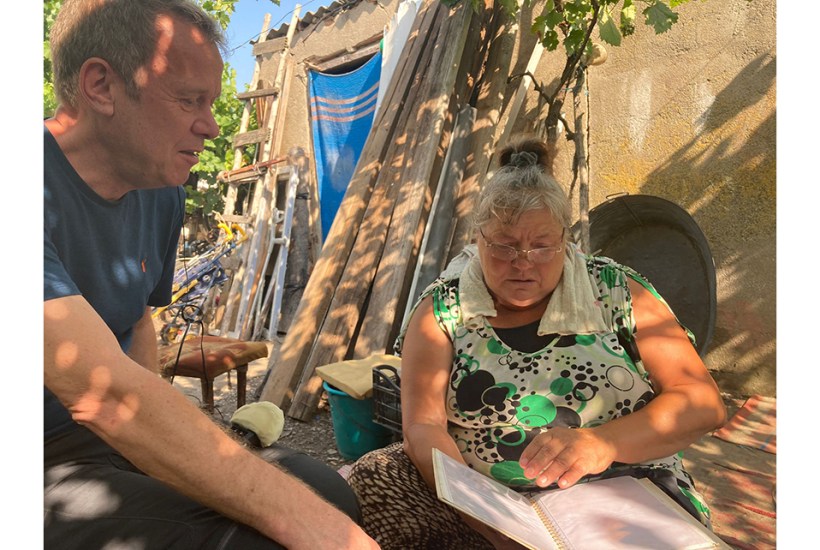

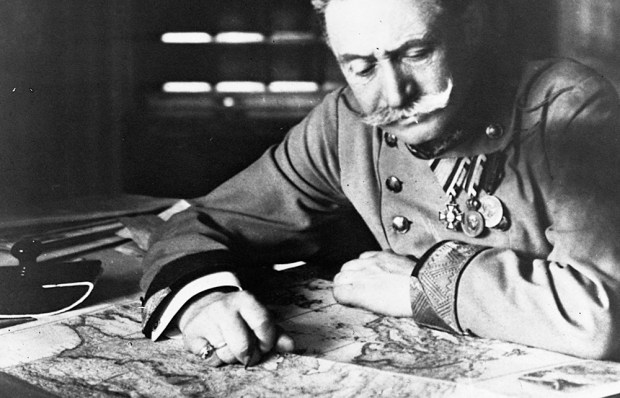

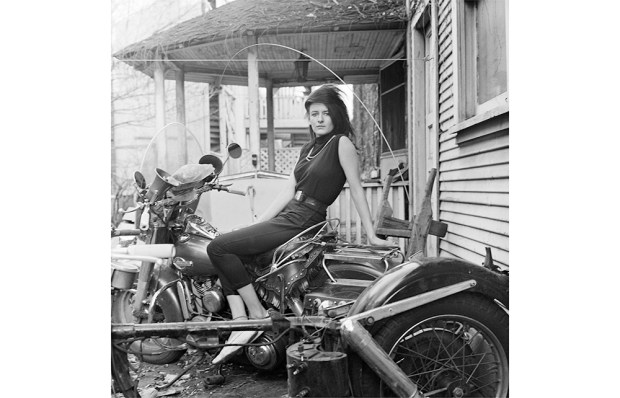
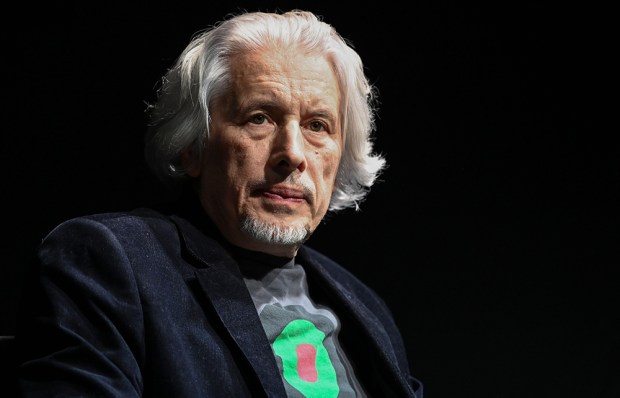
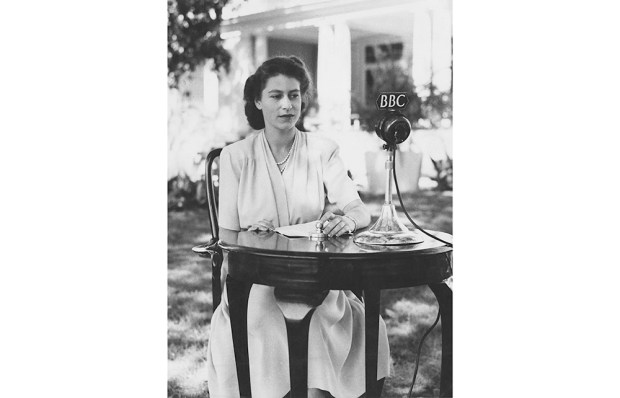






Comments
Don't miss out
Join the conversation with other Spectator Australia readers. Subscribe to leave a comment.
SUBSCRIBEAlready a subscriber? Log in